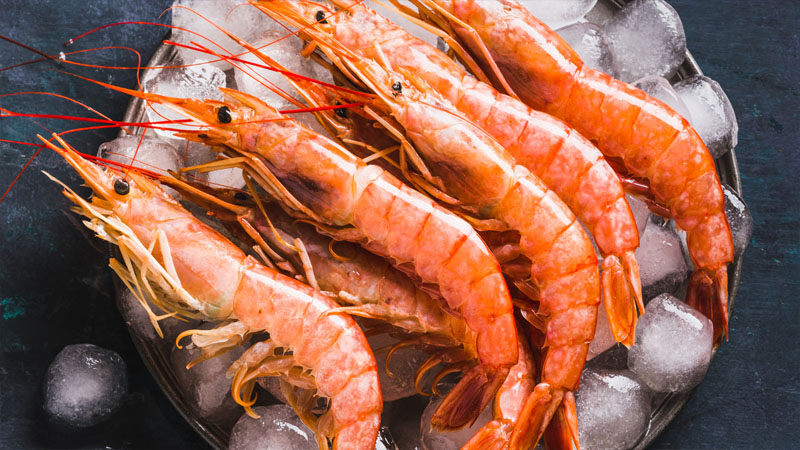Exclusive content

In a nation dominated by the oil industry, Venezuela’s aquaculture sector has quietly gained momentum, particularly since 2019. Despite economic hardship and environmental challenges stemming from oil spills, the country’s shrimp farms are making significant strides towards sustainability.
Transition to Closed Systems
Oil spills from deteriorating crude infrastructure prompted shrimp farms to shift from open systems, sourcing water from Lake Maracaibo and the Caribbean Sea, to closed systems. This move not only enhances profitability but also delivers environmental benefits, safeguarding local ecosystems and yielding healthier shrimp.
Although facing numerous obstacles, Venezuela’s shrimp industry has flourished in the last 25 years. By adapting practices to combat environmental threats and economic difficulties, the sector has garnered international recognition for its progress.
Push for Government Support
Despite its success, the industry continues to seek increased government support. Areas requiring attention include fuel and electricity supplies, research initiatives, and the creation of a more secure regulatory environment to foster growth and stability.
In 2023, shrimp represented Venezuela’s sixth-largest commodity export by value, totaling USD 214 million. The primary markets for Venezuelan shrimp included the Netherlands, France, and Spain. Notably, the most rapidly expanding market for Venezuelan shrimp is China, where exports surged from USD 15.6 million in 2021 to USD 32.8 million in 2022.
Path Towards Sustainability
In response to environmental challenges, the shrimp farming sector has evolved towards more sustainable and efficient production methods. Enhanced water management, reduced discharge of pollutants into Lake Maracaibo, and conservation efforts around mangrove ecosystems exemplify the industry’s commitment to sustainability.
Eleven Venezuelan shrimp companies have earned certification from the Aquaculture Stewardship Council (ASC), underscoring their dedication to worker welfare, community engagement, resource efficiency, and environmental stewardship.
Pursuing Production Goals
The industry’s shift towards sustainability and productivity improvements is paving the way for expanded production and entry into new international markets. Venezuela aims to produce 60,000 metric tons of shrimp in 2024, positioning itself among the world’s top 10 shrimp exporters.